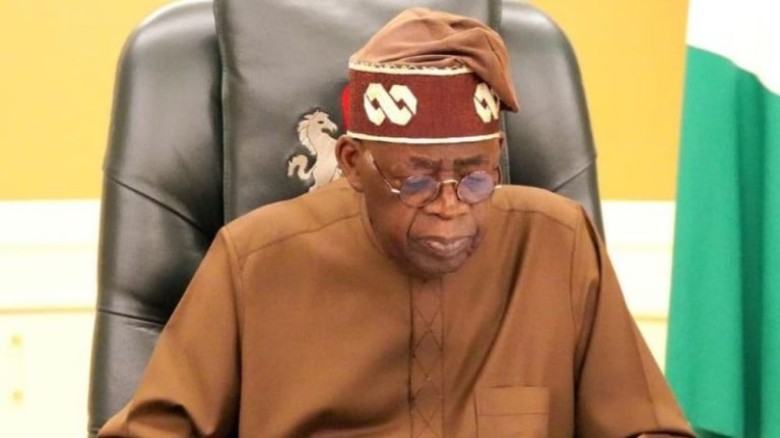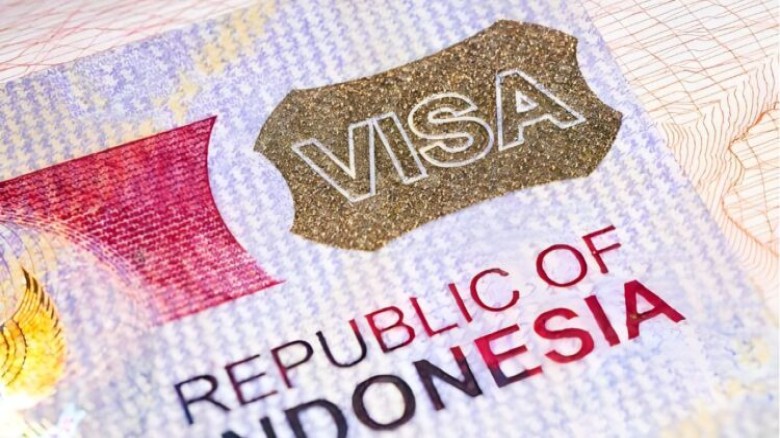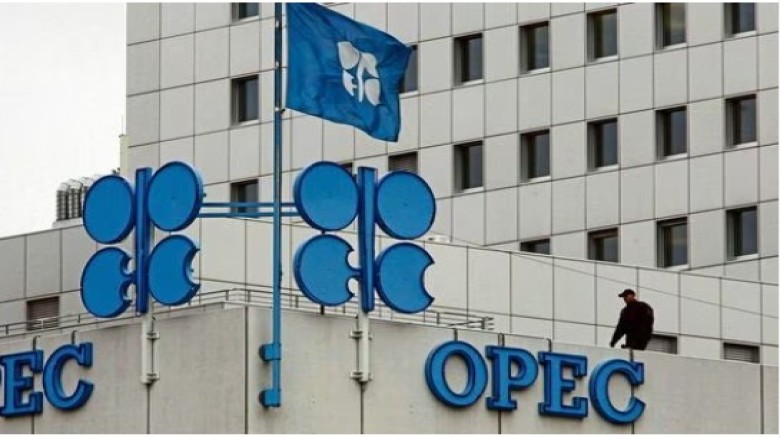OPEC+ intensifies compliance measures amid oil output cuts
The OPEC+ alliance is stepping up efforts to ensure compliance with oil output cuts, implementing a three-pronged strategy that includes both formal and voluntary production reductions.According to CNBC, anonymous delegates revealed that the focus on adherence has increased as a result of overproduction by major members such as Iraq and Kazakhstan, as well as Russia occasionally exceeding its quota.
The OPEC+ alliance is stepping up efforts to ensure compliance with oil output cuts, implementing a three-pronged strategy that includes both formal and voluntary production reductions. Anonymous delegates revealed that the emphasis on adherence has increased due to overproduction by major members such as Iraq and Kazakhstan, as well as Russia occasionally exceeding its quota.
The OPEC+ alliance is stepping up efforts to ensure compliance with oil output cuts, implementing a three-pronged strategy that includes both formal and voluntary production reductions. Anonymous delegates revealed that the emphasis on adherence has increased due to overproduction by major members such as Iraq and Kazakhstan, as well as Russia occasionally exceeding its quota.
Starting in December, eight OPEC+ members, including Saudi Arabia, will resume 2.2 million barrels per day (bpd) of voluntary cuts that were postponed from October.
In addition, the coalition's official policy calls for a combined production target of 39.725 million bpd next year, with the same members implementing an additional voluntary cut of 1.7 million bpd through 2025.
Undercompliance has been a persistent issue for the OPEC+ alliance, undermining its credibility in reducing output, particularly given current market uncertainties.
Ongoing conflicts in the Middle East, recent stock sell-offs, and a fragile post-Covid recovery in China—the world's largest crude importer—have all exacerbated the situation.
These dynamics increase the pressure on OPEC+ to effectively enforce its production agreements.
Oil prices have remained relatively low this year, and fell sharply on Thursday after a Financial Times report suggested that Saudi Arabia, the de facto leader of OPEC+, is willing to endure a low-price environment.
The kingdom may abandon its unofficial $100-per-barrel price target to boost output after December, raising concerns about future price stability.
As of 2:30 p.m. London time, Brent crude futures with a November expiry were trading at $71.44 per barrel, down 0.17% from Thursday's settlement.
Meanwhile, the November Nymex WTI contract held steady at $67.75 per barrel from the previous session's close.
Carole Nakhle, the founder and CEO of Crystol Energy, said, "I read it more as the Saudis sending a warning to the cheaters within OPEC. Because I believe Saudi Arabia has borne the majority of the burden of the production cuts.
Regarding the group's potential approach to price targeting, Nakhle stated, "Of course, the higher the better for them, but nothing has been set in stone."
OPEC+ ministers, including Saudi Prince Abdulaziz bin Salman, have stated that their policies are aimed at reducing global oil stocks rather than targeting specific prices.
Nonetheless, decisions to tighten supply typically provide long-term support for crude futures.
Many member countries, particularly Saudi Arabia, use a fiscal break-even price to calculate their annual budgets.
The International Monetary Fund predicts that Riyadh will need oil prices to reach $96.20 this year to meet its financial obligations.
























Leave A Comment